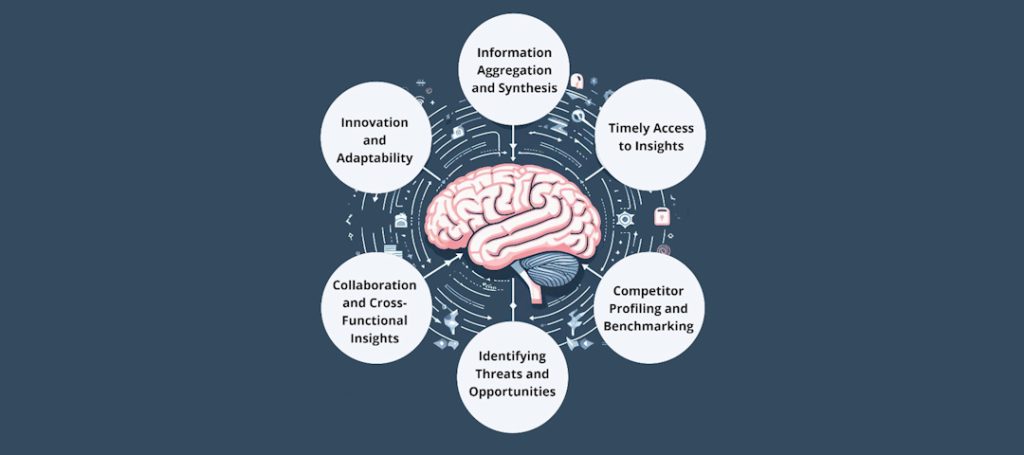
In today’s fast-paced, ever-changing business landscape, competitive intelligence (CI) is essential for staying ahead of the curve. Companies that can gather, analyze, and apply insights about their competitors and market trends can make more informed decisions and build stronger strategies. However, to make the most of competitive intelligence, organizations need to rely on efficient knowledge management systems. By organizing, storing, and sharing information effectively, businesses can improve their ability to track competitors, identify opportunities, and respond to threats quickly.
What Is Knowledge Management?
Knowledge management (KM) is the process of collecting, organizing, and sharing information across an organization. It helps businesses to make the most of their accumulated knowledge, from industry research to internal insights. This system isn’t just about storing data, though—it’s about making that data accessible and actionable. When done correctly, KM ensures that employees can easily find and use the information they need to make smarter decisions.
Connecting Knowledge Management and Competitive Intelligence
While knowledge management is about internal processes and information, competitive intelligence focuses on external factors such as competitors’ activities, market trends, and customer preferences. When these two disciplines are combined, they create a powerful synergy that enables businesses to process and apply external information more effectively. With a strong KM system, companies can store competitive intelligence in an organized way, making it easier to spot trends, perform analysis, and quickly adapt to changes in the market.
Centralizing Information for Better Insights
One of the most important ways knowledge management supports competitive intelligence is by centralizing information. Businesses collect data from a variety of sources—news articles, market reports, social media, and customer feedback—but without a system in place, that data can quickly become fragmented. A well-implemented KM system centralizes all of this data, providing a single source of truth for competitive analysis. This allows teams to easily cross-reference information, see the big picture, and avoid missing out on key insights.
Sharing Insights Across Teams
Competitive intelligence is often gathered by a small group of people, such as a CI team or a research department. However, the insights gained from this process need to be shared across the organization to have the most impact. Knowledge management helps by providing tools and systems that allow for easy information sharing. This means that teams in marketing, sales, product development, and beyond can access the insights they need to improve their work. By fostering a culture of sharing, KM ensures that competitive intelligence becomes part of everyday decision-making across all departments.
Speeding Up Response Times
In the fast-moving world of business, timing is everything. A competitor’s new product launch or a shift in market trends can require immediate action. A robust knowledge management system helps businesses act quickly by making critical information easily accessible. Instead of spending time searching for data or waiting for reports to be compiled, teams can access the information they need in real-time. This quick access to competitive intelligence allows businesses to respond to new developments faster, whether it’s adjusting pricing strategies, launching a marketing campaign, or entering a new market.
Using AI and Technology to Enhance KM and CI
Advances in artificial intelligence (AI) and machine learning are also transforming how businesses manage knowledge and gain competitive intelligence. AI can help automate the collection and organization of data, freeing up valuable time for teams to focus on analysis. For example, AI tools can monitor competitors’ websites, news outlets, and social media to provide real-time updates on relevant trends. By integrating these technologies into knowledge management systems, businesses can ensure they are always up-to-date with the latest market insights.
Making the Most of Knowledge Management for Competitive Intelligence
Incorporating knowledge management into your competitive intelligence efforts can provide significant benefits. By organizing information, promoting internal collaboration, and speeding up response times, a strong KM system helps businesses make smarter, faster decisions. As companies continue to face increasing competition, those that leverage the power of both knowledge management and competitive intelligence will have a distinct advantage. If you’re looking to stay ahead, consider how your organization can better manage and utilize the knowledge it already possesses to sharpen your competitive edge.



